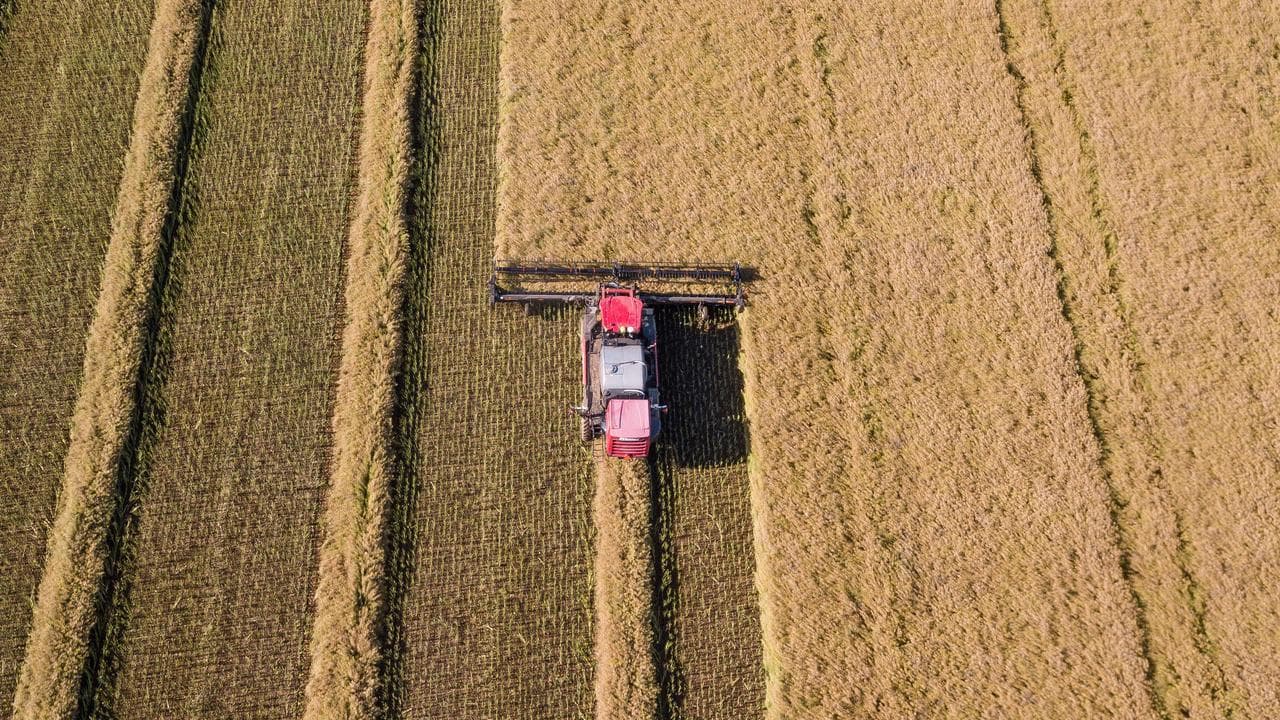
Queensland remains a leader in Australia's carbon farming landscape and other areas are making progress in supporting agriculture to cut greenhouse gas emissions, a report shows.
It's the second year the scorecard has been released by the Carbon Market Institute to mark a two-day carbon farming industry forum starting in Cairns on Monday.
The report from KPMG showed progress across several jurisdictions, with the federal government, Western Australia and NSW scoring the biggest improvements in support to help maximise the amount of carbon stored through agriculture.
Queensland, the federal government and NSW are ranked as advanced in supporting carbon farming and its benefits, but the report found Tasmania, the Northern Territory and Victoria are still underdeveloped.
Despite progress the report revealed major differences in the support for carbon farming and its role in Indigenous, social, environmental and economic co-benefits for regional communities.
The report found high integrity Australia's carbon credit units will play an important role in the 2030 emissions target of 43 per cent from 2005 levels, but that it "is not a magic pudding".
It concluded that nationally co-ordinated efforts will be key to enhancing Australia’s carbon farming capabilities.
Australia's carbon credit scheme has faced significant credibility issues after concerns were raised the system didn't represent legitimate abatement.
A review carried out by former chief scientist Ian Chubb found the regime was "sound" but needed to improve governance, transparency, and integrity arrangements.
Carbon Market Institute CEO John Connor said the system had faced credibility issues but work was being done to change that, including getting the framework right.
"That's where jurisdictions are working hard as the scorecard shows to varying degrees," he said.
"This industry has been been building up from the bootstraps, and it's now really beginning to face some major opportunities, but also some significant challenges ....to deliver on climate action."
Queensland maintained its leadership position with its work recognised around capital outlay and the integration of co-benefits.
Mr Connor said growth had slowed in the carbon market while less than 10 per cent of farmers had signed on and that policy certainty was needed across all jurisdictions.
"Unless we get these changes right, and we also meet investor and community confidence we will struggle to get the level of supply," he told AAP.
“The results demonstrate a growing recognition of the potential contribution of carbon farming to national emission avoidance and removal activities," he said.
"However for many jurisdictions, this is yet to be adequately reflected at the scale required."




